
JCMS counseling
The mission of the JCMS counseling team is to help ALL students grow into their best self by nurturing a safe place to learn to live, learn, work, and serve/contribute.
The vision of the JCMS counseling team is to be an integral part of a thriving and diverse community where people care for each other and engage in meaningful work.
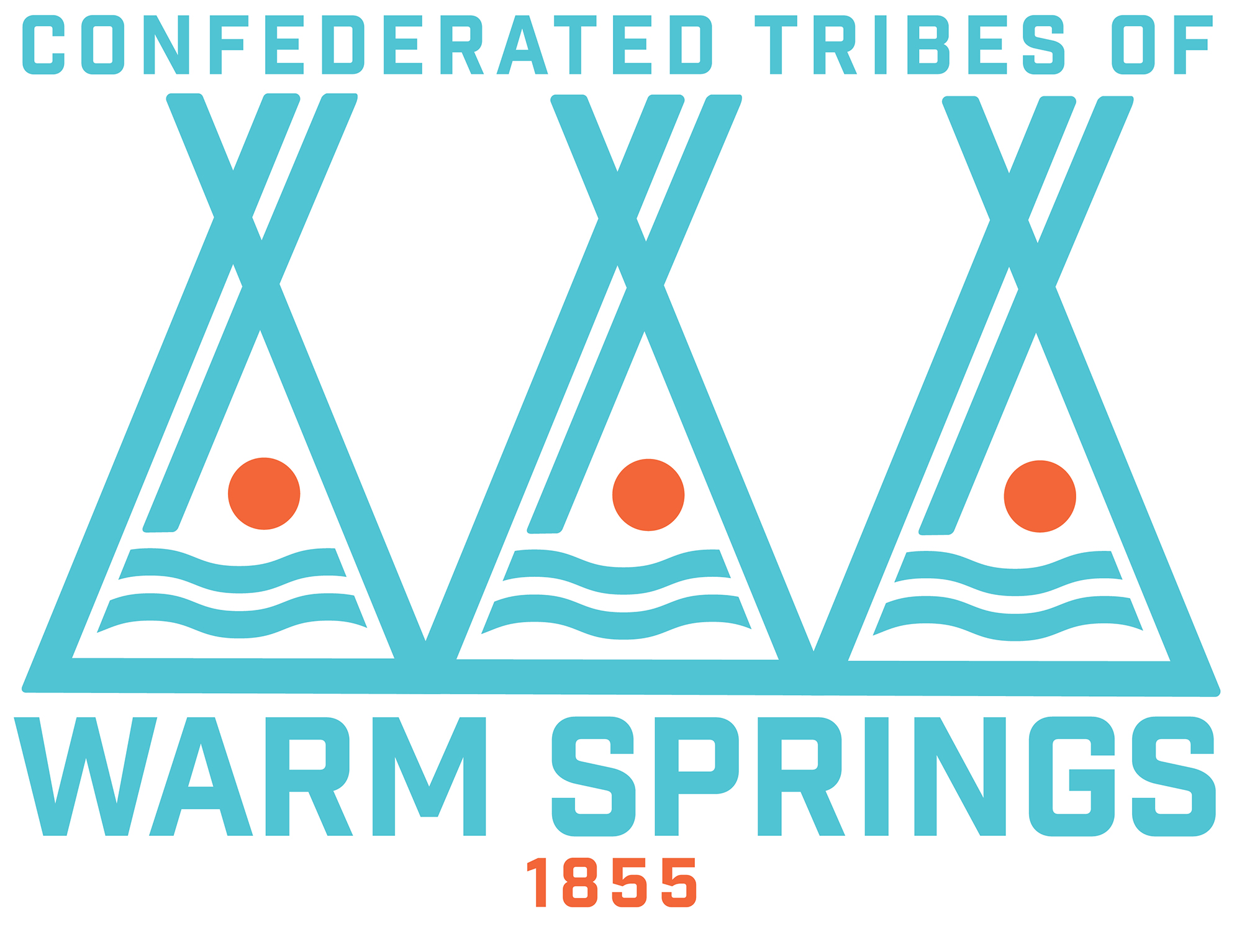
Land Acknowledgement
Jefferson County School District 509J would like to acknowledge that these beautiful lands are the original homelands of the Wasco and Warm Springs people. They ceded nearly 10 million acres of this land in the Middle Oregon Treaty of 1855, also known as the Warm Springs Treaty, while retaining regular and customary hunting, fishing, and gathering rights. The Tribes inhabited this area seasonally and clearly established their presence here. As a result of that 1855 treaty, the Warm Springs Indian Reservation was created. In 1879 the Northern Paiute people were moved to the Warm Springs Reservation. The three distinct tribes became known as the Confederated Tribes of Warm Springs. We acknowledge and thank the original stewards of this land. Let us continue to honor them and the land.
Who We Are
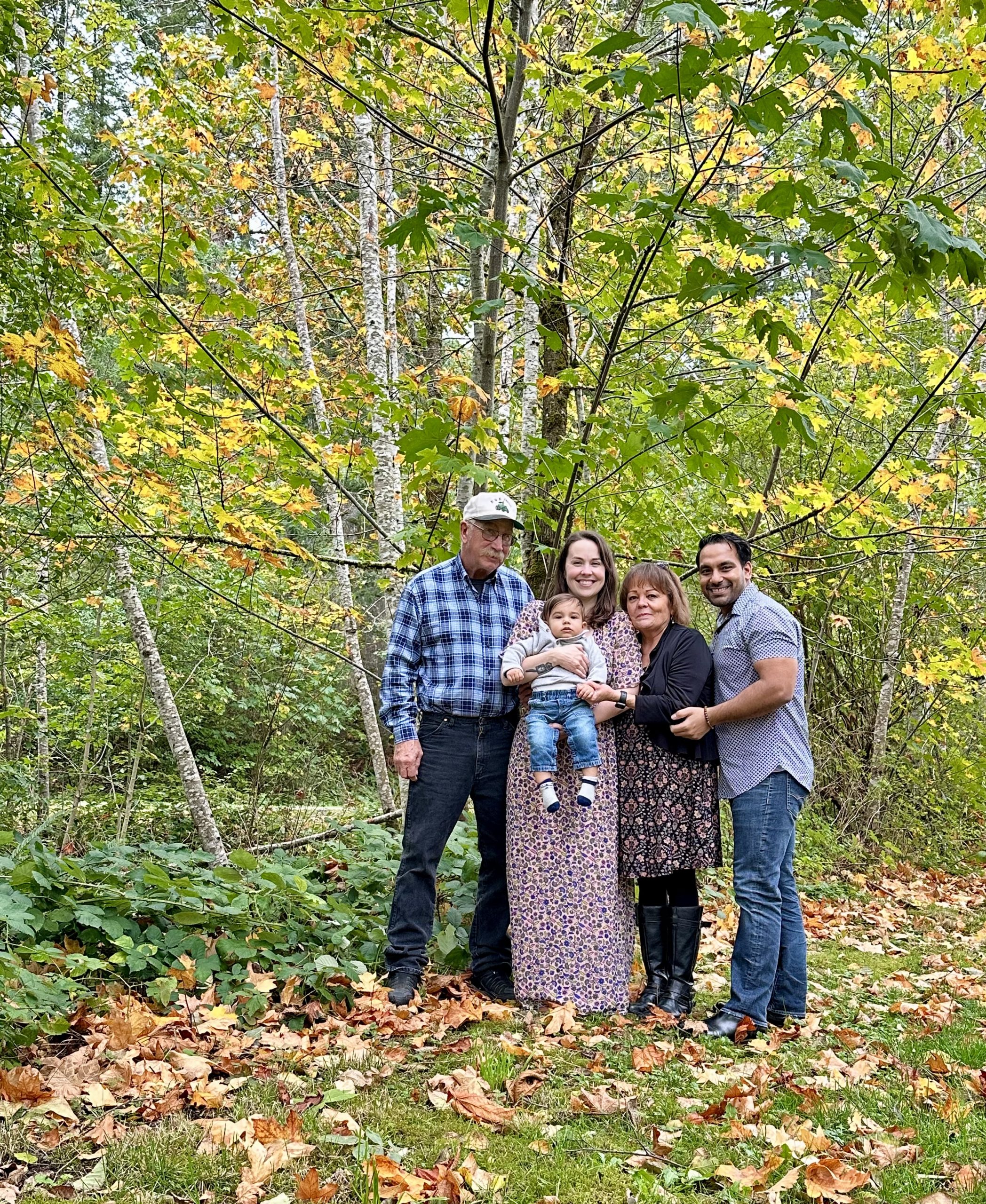
Becky Blann
Registrar
541-475-7253 ext. 2501
Mrs. Blann has been the registrar and counseling secretary at JCMS since August 2018 and with the school system since 1997. She previously she worked as an educational assistant in the library at Warm Springs, did clerical work (and helped open the library) at Buff Elementary School, and helped open Warm Springs K-8 Academy in 2014. Ms. Blann is a Madras High School graduate. She and her husband, whom she met in second grade at Madras Elementary School, raise cattle – including a mama cow with three nostrils – and delight in their grandson, Rajvir (and his parents, Samantha and Raz).
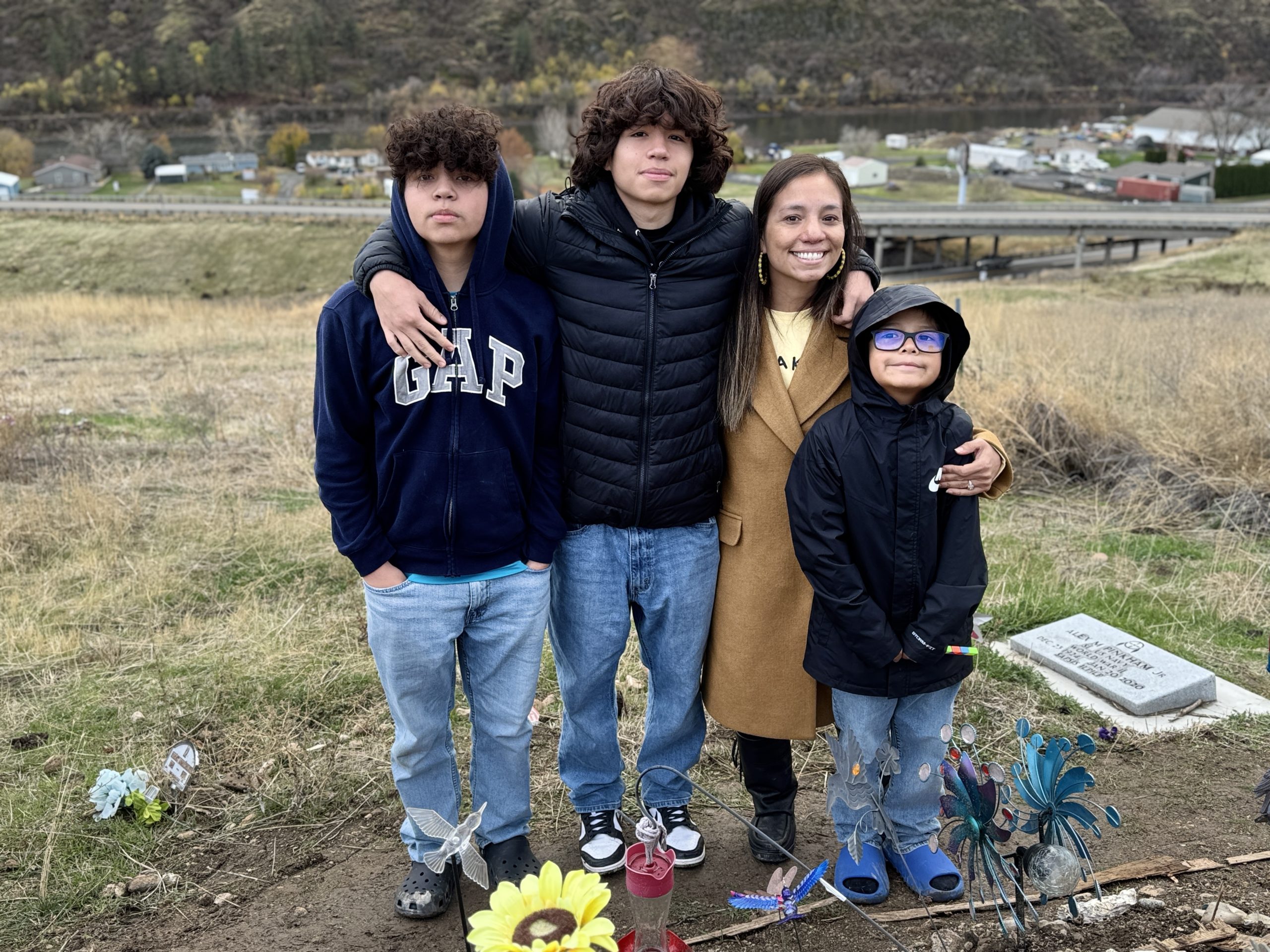
Ashley Blodgett
Counselor
541-475-7253 ext. 2509
Ms. Ashley came to JCMS in August 2023 from Wishram, Washington, where she was the K-12 counselor for five years. Ms. Ashley, a graduate of Redmond High School, earned a bachelor of science degree in educational studies and sociology from the University of Oregon, a master of social work degree from Portland State University, and a master of science degree in K-12 school counseling from Capella University. Ms. Ashley is also a licensed clinical social worker (LCSW) and previously worked as a child and family therapist for Community Counseling and as a medial social worker at the Health and Wellness Center, both in Warm Springs. She is a member of the Oregon School Counselor Association and the American School Counselor Association. She has been ASIST-trained and helped with JCSD 509J’s Adi’s Act plan. She also works with the Tri-County School Response Team. Ms. Ashley is an enrolled member of the Yakama Tribe and the mother of three basketball boys, Jamos, Jrayden, and Julian.
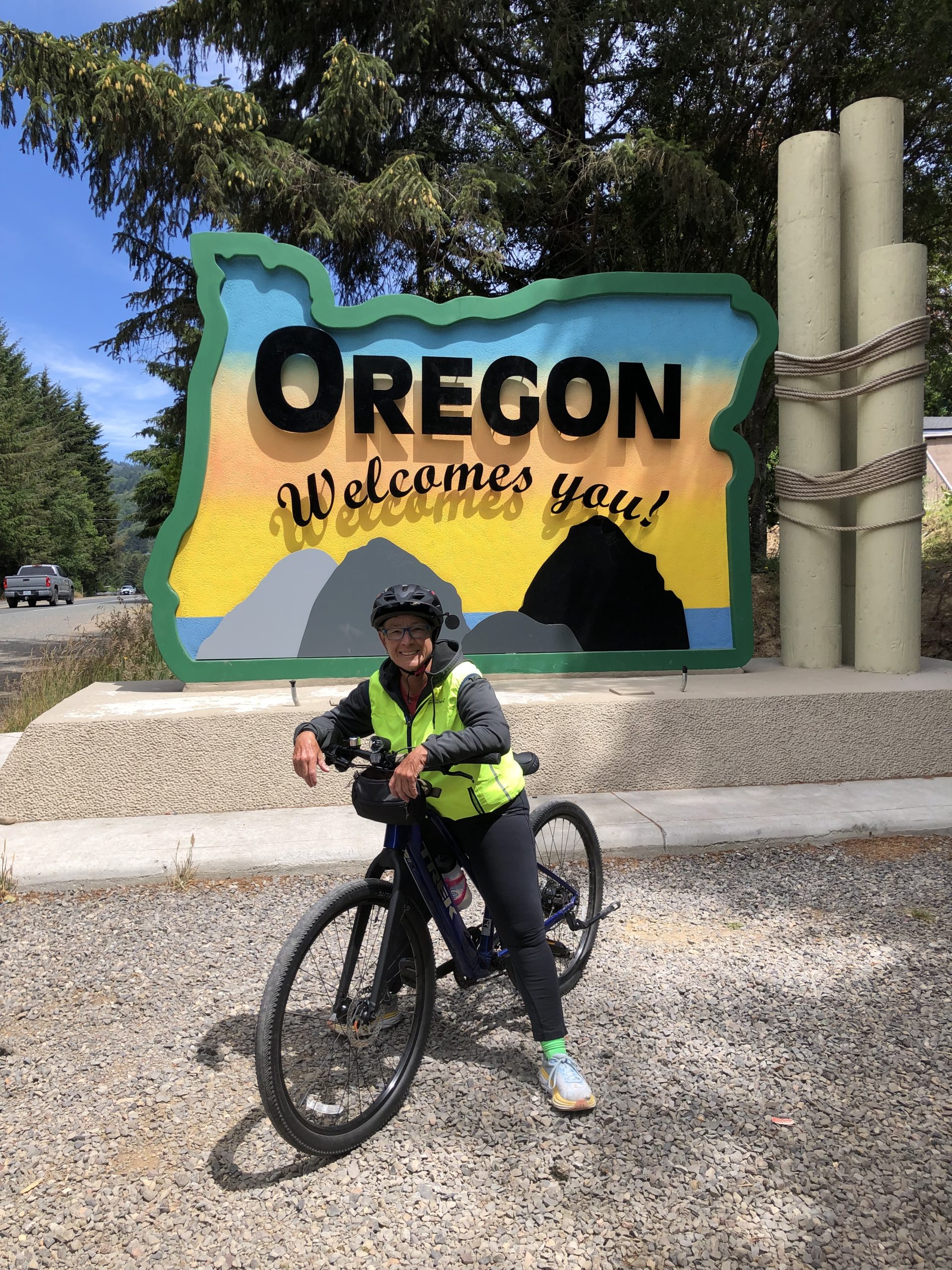
Jan Mendenhall
Counselor
541-475-7253 ext. 2508
Ms. Mendenhall came to JCMS in August 2022 from Decatur, Alabama, where she was the counselor at a Title 1 elementary school for 12 years and at an upper elementary magnet school for nine years. Ms. Mendenhall, a graduate of South Albany High School, earned a bachelor of science degree in education from Abilene (Texas) Christian University, and a master of arts degree and an educational specialist degree, both in K-12 school counseling, from the University of Alabama at Birmingham; she also is a National Board Certified Teacher in school counseling. Ms. Mendenhall taught high school English for five years in the Texas Panhandle and worked for eight years as a reporter and copy editor in north Alabama. She is a member of the Oregon School Counselor Association and the American School Counselor Association. She has been ASIST-trained and helped with JCSD 509J’s Adi’s Act plan; she also works with the Tri-County School Response Team. Ms. Mendenhall is a reader, a writer, a traveler, and an outdoor enthusiast.
How We Help
Individuals
We are here and available to listen to and talk with students throughout the day. Students may ask their teachers to come see either one of us, or they may stop in the office and ask to see either one of us, or they may see us in the hall and ask us in person. We are here to listen. We are here to help navigate the world of middle school and its many issues, including getting along with others, getting help with classes, and talking through difficult topics. We also may pull individual students during REACH, for example, to focus on particular struggles, including academics, attitude, and attendance.
Small Groups
Throughout the year, as we see the need — or are made aware of the need, we may pull together small groups of students to discuss various topics, including friendship, motivation, bullying, organization, and on-task behaviors. These small groups may meet once — or they may meet more regularly, depending on the need.
Large Groups/Classes & CharacterStrong
We are using the CharacterStrong Tier 1 curriculum and meet with students in each grade level on a Monday rotation schedule; this gives us the opportunity to work with each grade level three out of every four weeks. The SEL (social-emotional learning) lessons focus on well-being, belonging, and engagement; these lessons are aligned with Oregon’s June 2024 TSEL (Transormative SEL) standards. We also work with students in these four areas: academic (Learn to learn), career (Learn to work), personal/social (Learn to live), and community involvement (Learn to contribute).
The AAA Basics About JCMS
Think About This:
“Students thrive in schools where their peers routinely show up (attendance), behave appropriately (attitude), and complete their schoolwork (academics).” Editorial Projects in Education, 2014
Academics
Students take P.E. (physical education) plus four core subjects at their grade level:
- ELA (English language arts)
- Math
- Science
- Social Studies
Students also take two elective classes of their choice; sixth-graders take one elective of their choice plus the wheel, a four-elective sequence that changes each quarter. Some students take reading intervention classes or English learner classes.
JCMS is on a quarter system, with each quarter lasting about nine weeks. JCMS uses letter grades:
A = 90-100
B = 80-89
C = 70-79
D = 60-69
F = 59 and below.
Schedule changes are rare and should be initiated by a teacher, caregiver, and/or administrator as early in the quarter as possible. Students can get additional help with classes by signing up for REACH, a 30-minute period Tuesdays through Fridays, and/or by getting parent/guardian permission for and attending after-school tutoring in the library Tuesday, Wednesday, and Thursday from 3 to 3:50 p.m.
Students: If you’re making As and Bs, that shows your teachers that you
1) Understand the work
2) Do the work
3) Turn in the work.
Help yourself by checking PowerSchool regularly, using your planner to keep up with assignments, listening and making the effort to learn in class, and asking for help when you don’t understand.
Parents/guardians: Check PowerSchool regularly (there’s an app); check ParentSquare regularly; connect with teachers via email.
Attendance
Regular attendance – as in being at school on time at least 90 percent of the time – is connected to learning and mastering grade-level standards. Think of being a student as a job; showing up on time every day and doing what is expected are positive habits that carry over into adulthood.
Attitude (Behavior)
JCMS has three major expectations:
- Be safe
- Be respectful
- Be responsible
Practicing these three every day in every way helps make JCMS a positive place for ALL students to learn and for ALL educators to help ALL students become proficient at grade-level standards. Administration gets involved for minor and major discipline referrals.
The counselors are a proactive resource to help students master positive coping skills with behavior. (Behavior is communication. For example, misbehavior usually means we want/need attention [even negative attention]; we get into a power struggle, where we want our way; we want revenge, such as getting back at someone because you feel hurt; we feel inadequate, like we don’t feel good enough.) Good manners don’t cost a penny but mean everything when used.
Issues for Students
ADD/ADHD
This stands for attention deficit disorder of attention deficit hyperactivity disorder. If you have a lot of problems focusing or paying attention in class, you lose things or have problems with organization, you make careless mistakes or don’t listen, or you have difficulty finishing your work, you may have ADD.
If you also have problems acting or reacting without thinking, you interrupt or talk constantly, you have difficulty sitting still, or you have a hard time getting along with others, you may have ADHD.
Sometimes a doctor may prescribe medication to help you; sometimes you may work with a counselor on coping skills, or ways to help you manage ADD or ADHD without medication; sometimes you may take medication and work with a counselor; and sometimes your parent or guardian may not pursue any treatment.
Check out this video from chadd.org, “Children can Thrive with ADHD.”
The Brain
You only get one brain, the one you were born with. Check out these two videos:
Bullying
We want everyone to feel safe and included at JCMS, which is a major reason we have eighth-grade WEB (Where Everyone Belongs) leaders who help sixth-graders all year. Feeling welcome — or unwelcome — in any space is almost always connected to people and how they treat others.
Bullying is unwanted, harmful behavior that’s repeated and comes from people who exert power over others as a way to control them, to make them feel as though they don’t matter. Bullying causes pain and affects everyone.
We want that behavior to stop; we want students who are being bullied to feel supported; and we want every incident of bullying behavior to be reported to a trusted adult as soon as possible so that we can stop it.
Conflict
It’s hard work to get along with people — sometimes even with our friends. Often, when something happens to us, we either respond or react. A response is an action that’s thoughtful; you’ve considered what to do and chosen to respond in a way where you keep the outcome in mind. A reaction is an impulsive action that you don’t take the time to think about first.
LOGS is one strategy to help you deal positively with conflict.
- Listen carefully to what others say; this helps you hear their side of the story and shows respect for their point of view.
- Observe or pay attention to the body language and emotions of everyone involved. Sometimes people say one thing but feel another.
- Guess: Try to understand what the real (or underlying) issue might be. What are the needs or feelings that might not be said out loud but are driving the conflict?
- Support: Think of a way you can support those involved in the conflict so that they feel heard and understood, and work toward resolving the conflict peacefully.
Work on figuring out your part in the conflict, do your part to make amends and repair the relationship. Remember: Give each other space and grace to grow into your best self.
Coping Skills
We all need positive ways to deal with life. Here are some strategies for you to try
- Stop, and breathe, I can do this
- This will pass
- I can be anxious/angry/sad and still deal with this
- I have done this before, and I can do it again
- This feels bad, it’s a normal body reaction – it will pass
- This feels bad, and feelings are very often wrong
- These are just feelings, they will go away
- This won’t last forever
- I can feel bad and still choose to take a new path
- I don’t need to rush, I can take things slowly
- I have survived before, I will survive now
- I feel this way because of my past, but I am safe right now
- It’s okay to feel this way, it’s a normal reaction
- Right now, I am not in danger
- Right now, I’m safe
- My mind is not always my friend
- Thoughts are just thoughts – they’re not necessarily true or factual
- This is difficult and uncomfortable, but it’s only temporary
- I can use my coping skills and get through this
- I can learn from this and it will be easier next time
Sometimes we just need to breathe. Like this:
Emotions
Just like the movies “Inside Out” and “Inside Out 2” demonstrate, we all have strong (core) feelings. Figure out your strong feeling and then follow the color wheel to get a more precise handle on your emotion. Then work through the next entry on emotional regulation to help you get back to feeling more in control of your feelings, emotions, and thoughts.
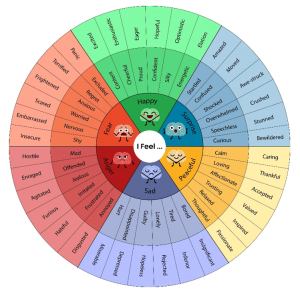
Emotional Regulation
Self-regulation is your ability to manage your behavior (and your learning). Being able to manage our emotions is important.
Breathing is one easy and simple way that helps you help regain your control. Trace your hand with your finger; when you trace up a finger, inhale deeply through your nose for a count of four; when you trace down, you exhale deeply through your mouth for a count of four.
Watch this video for another way to practice deep breathing.
Here are some other ideas to help you regulate your emotions:
When I’m feeling angry, I can pause until I’m able to think clearly so I can respond rationally instead of reacting.
When I’m feeling anxious, I can focus on the present moment and take deep breaths to regulate my nervous system.
When I’m feeling discouraged, I can be kind to myself and remind myself of the reason I’m trying. I’ll use that as my strength.
When I’m feeling down, I can acknowledge my feelings and do something for myself that brings me joy.
When I’m feeling I’m not good enough, I can remind myself of my strengths and take baby steps to improve my shortcomings.
When I’m feeling insecure, I can work on appreciating and accepting myself, flaws and all. I’m more than I give myself credit for.
When I’m lonely, I can meet with or video call someone I love and care about.
When I’m feeling overwhelmed, I can write down what I need to get done and focus on one task at a time based on importance.
When I’m feeling rejected, I can acknowledge that this feeling sucks, but I won’t let it consume me. Rejection is redirection.
When I’m feeling stressed, I can focus on what I can control and let go of what I can’t.
Fixed vs. Growth Mindset
A fixed mindset makes these kinds of negative statements:
- I can’t do it
- I’m not good at this
- It’s good enough
- It’s too hard
- I’m afraid of making a mistake
- They’re better at this than I am
- I don’t know how
- I can’t make this any better
- I don’t like challenges
- I give up
A growth mindset makes these kinds of positive statements:
- I’m still learning
- I’ll keep trying
- What can I learn to get better at this?
- Is this the best I can do?
- With more practice it will get easier
- Mistakes are how I learn and get better
- What can I learn from my mistakes?
- I can learn how
- I can always find ways to improve
- Challenges make me better
- I’ll try a different way
- I can ask for help
- I don’t understand this — yet!
Middle School
What’s going on?
-
You’re learning to be your own unique self.
-
You’re exploring new interests and friendships.
-
You’re figuring out lockers and having different teachers every class.
-
You’re dealing with cliques and bullies, and may worry about being lonely.
-
You’re becoming more independent and more focused on friends than family.
-
You’re experiencing an increase in academic expectations and social interactions.
-
You’re changing in many ways: socially, physically, emotionally, and intellectually.
-
You may feel stress, an uncomfortable feeling that may develop when you feel scared, angry, worried, or frustrated; stressors may be grades, homework, busy schedule, peer pressure, test anxiety, image concerns, lack of support, or changes in routine.
How can you help yourself?
-
Choose your friends wisely.
-
Develop healthy coping strategies.
Talk with a trusted adult when you feel stressed or anxious. -
Limit use of — and be responsible with — social media and technology.
-
Give yourself enough time to sleep, exercise, eat healthy, and socialize.
-
Work on being organized and using your time wisely (use AVID strategies).
-
Explore something new and positive: clubs, sports, interests, or extracurricular activities.
-
Have a sleep routine: Turn off technology, take a hot shower, go to bed at the same time; try to get eight hours of sleep a night.
Resources
Help for Mental Health
- 988 (suicide and crisis hotline): 988lifeline.org
- BestCare Treatment Services: 541.475.6575, bestcaretreatment.org, 850 SW 4th St., Suite 102, Madras
- Care Solace: 888.515.0595, caresolace.com/site/jcsd
- Mosaic Medical / Madras School-Based Health Center: 541.383.3005, www.mosaicmedical.org/madras-clinic, 500 NE A St., Suite 100, Madras, or 390 SE 10th St. (at Madras High School)
- St. Charles: 541.475.3882, www.stcharleshealthcare.org, 470 NE A St., Madras
- Warm Springs Community Counseling Center/Behavioral Health: 541.553.3205, warmsprings-nsn.gov/program/community-counseling, 1115 Autumn Ave., Warm Springs
Help for Students
- 988 (suicide and crisis hotline): 988lifeline.org
- Jason Foundation (suicide prevention): 615.264.2323, jasonfoundation.com
- JCSD 509J drug and alcohol counseling: Kyle Rohrbach, 541.475.6192, ext. 2329, krohrbach@509j.net
- Live Vape Free (interactive program to help teens build motivation and a quit plan): Text VAPEFREE to 873373, sharedfuturecoalition.org
Native YouthLine (free teen-to-teen crisis support and help line): 877.968.8491 (text NATIVE to 839863) - Oregon child abuse hotline: 855.503.SAFE (855.503.7233)
- Oregon YouthLine (free teen-to-teen crisis support and help line): 877.968.8491 (text TEEN2TEEN to 839863)
- SafeOregon (report and resolve safety threats): 844.472.3367 (call or text), www.safeoregon.com
School resource officers/SROs (through Jefferson County Sheriff’s Office): Deputy Mitch Turner (mturner@jcso.law) and Deputy C.J. Linden (clinden@jcso.law), 541.475.6520 - Stopbullying.gov: www.stopbullying.gov
- Trevor Project (suicide prevention and crisis intervention nonprofit organization for LGBTQ+ and young people): 866.488.7386 (866.4-U-Trevor) or text START to 678678, www.thetrevorproject.org
Help for Families
- 211 (help with local resources): www.211info.org
- 988 (suicide and crisis hotline): 988lifeline.org
- Crisis Text Line (free 24/7 confidential, text-based mental health support in English and Spanish): Text HOME to 741741, www.crisistextline.org
- FAN (Family Access Network; social services): Kathia Bustamente (541.647.7449, ext. 2730, kbustamentelopez@509j.net), familyaccessnetwork.org
- Food Bank/Commodities Program (food): 541.553.3422, 4217A Holiday St., Warm Springs
- Food Pantry (food): 541.553.1237, 1141 Warm Springs St. (Warm Springs Presbyterian Church), Warm Springs
- Grief: Hospice of Redmond/Camp Sunrise, 541.548.7483, www.hospiceofredmond.org/bereavement-support
- Kids Center (child sexual abuse): kidscenter.org, 541.383.5958, 1375 NW Kingston Ave., Bend
- LINC (social services): 541.475.4446, 278 SE 8th St., Madras
- Love and Logic (positive advice and practical resources for families and teachers): https://loveandlogic.com
- Madras Community Food Pantry (food): 541.325.1747, www.madrascommunityfoodpantry.com, 49 NE 12th St. (at United Methodist Church), Madras
- McKinney-Vento Act (homeless): Ignacio Torres, JCSD 509J liaison, 541.640.1047, itorres@509j.net
- Mountain Star (help for families with children birth to age 3): 541.475.2537, www.mtstar.org, 122 NE 10th St., Madras
- NAMI (National Alliance on Mental Health): 800.950.6264, text HELPLINE to 62640, or chat online at https://nami.org
- National Domestic Violence Hotline (domestic violence): 800.799.SAFE (800.799.7233), text START to 88788, www.thehotline.org
- National Parent & Youth Helpline (emotional support): 855.427.2736, www.nationalparentyouthhelpline.org
- Neighbor Impact (social services): 541.548.2380, www.neighborimpact.org
- Parent Teen Connect (issues impacting parents and teens): www.parenteenconnect.org
- RAINN (sexual assault): rainn.org, 800.656.HOPE (800.656.4673)
- Reach Out Oregon (help for families with children experiencing mental, emotional, or behavioral health challenges): 833.REACH-OR (833.732-2467), www.reachoutoregon.org
- School resource officers (through Jefferson County Sheriff’s Office): Deputy Mitch Turner (mturner@jcso.law) and Deputy C.J. Linden (clinden@jcso.law), 541.475.6520
- Thrive Central Oregon (social services): 541.728.1022, www.thrivecentraloregon.org